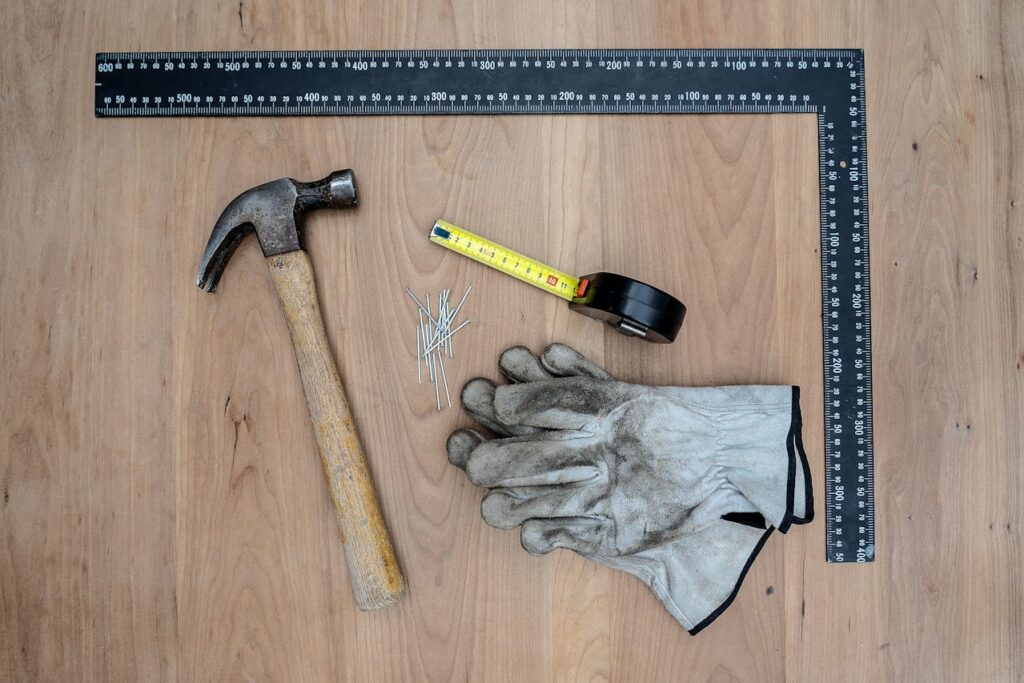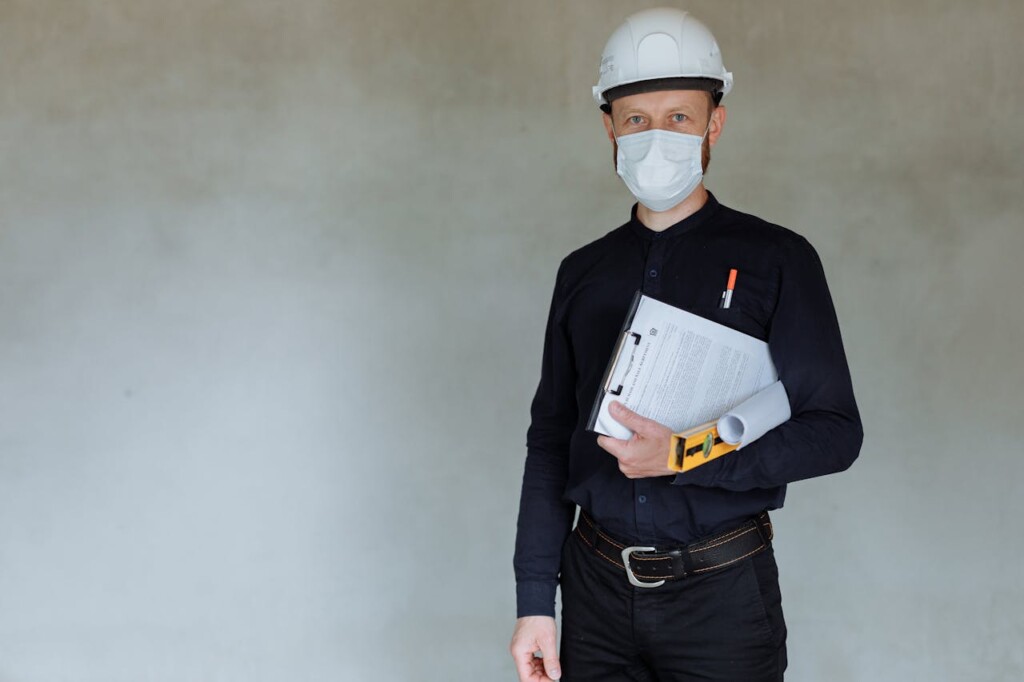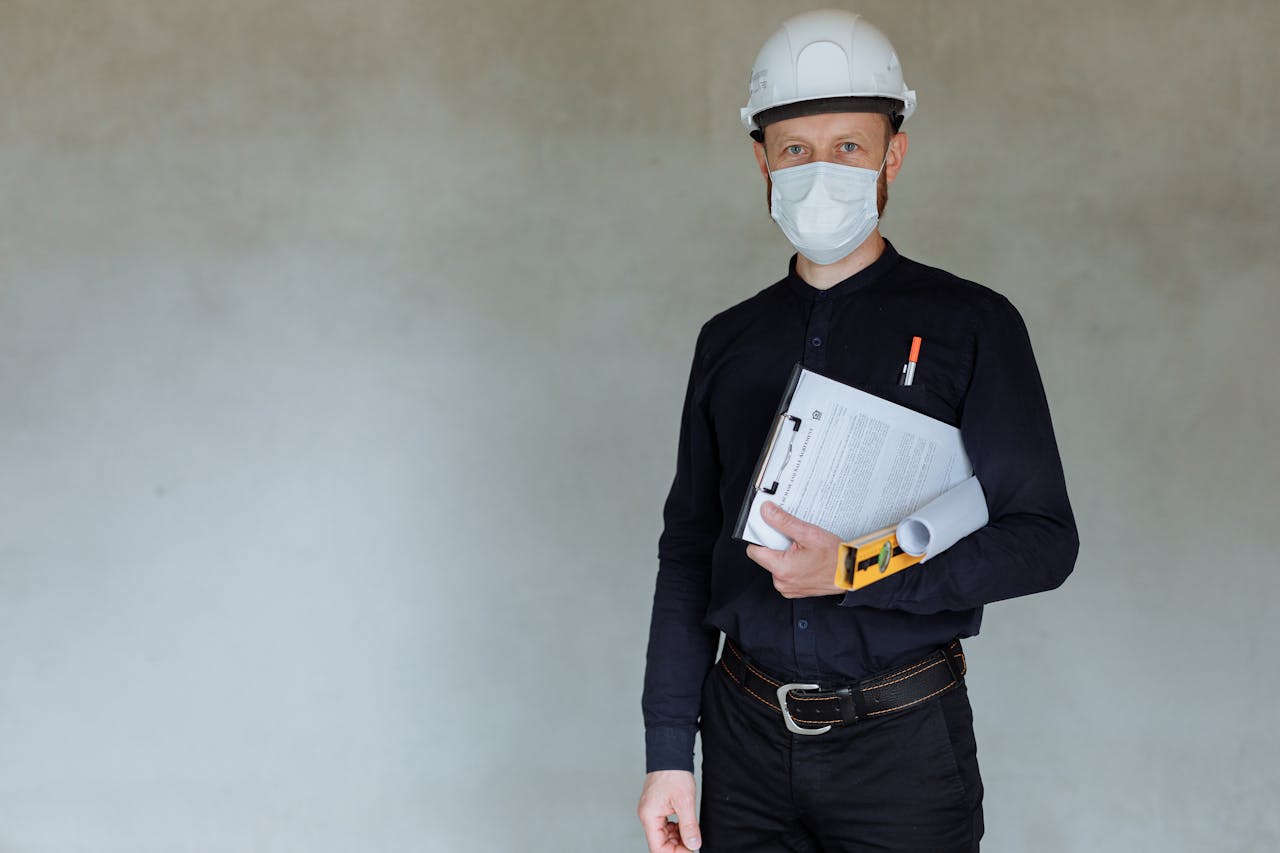The Dallas-Fort Worth area hosts one of the most active construction markets in the nation. A single industry network lists thousands of dallas area general contractors, revealing the depth of this regional market. Construction spans every major sector, from commercial and residential to healthcare, infrastructure, and industrial energy projects.
These contractors offer comprehensive trade coverage across the construction spectrum. Service areas extend throughout the DFW metroplex, covering multiple counties and dozens of municipalities. Local networks connect property owners and developers with firms specializing in specific trades and project management approaches suited to the region’s construction demands.
What Services And Trades Do Dallas General Contractors Cover?

Dallas general contractors handle an extensive range of trades and services Dallas demands across multiple construction sectors. The breadth of specializations reflects the metro’s diverse building activity.
Core Structural And Site Work
Concrete work forms the foundation of most projects, from poured foundations to decorative finishes. Earthwork contractors handle excavation, grading, and site preparation.
Structural steel specialists manage framework assembly and reinforcement systems. Masonry teams work with brick, stone, and concrete block applications.
Building Systems And Mechanical Trades
HVAC contractors design and install heating, ventilating, and air conditioning systems for climate control. Electrical professionals handle power distribution, lighting, and electronic security installations.
Plumbing specialists manage water supply, drainage, and fire suppression systems. These mechanical trades coordinate closely during construction phases to avoid conflicts and ensure proper sequencing.
Finish Work And Specialty Services
Rough carpentry teams frame walls and install structural elements. Finish carpentry handles trim work, cabinetry, and custom millwork details.
Roofing contractors install and repair various membrane and shingle systems. Flooring specialists work with tile, hardwood, carpet, and specialty surfaces.
Painting and coatings professionals apply protective and decorative finishes. Plaster and gypsum board installers create smooth wall surfaces ready for final treatments.
Project Management And Engineering Support
Design and engineering services help coordinate technical requirements and code compliance. Project management specialists oversee scheduling, budget tracking, and trade coordination.
These services become particularly valuable on complex builds where multiple systems must integrate seamlessly. We coordinate these functions to maintain project timelines and quality standards.
Popular Residential Project Types
Bathroom remodeling and kitchen remodeling represent high-demand residential services in the Dallas market. Custom homes and new home construction also generate significant contractor activity.
Other common requests include garage building, framing, restoration work, and stucco repair. Attic conversions and guesthouse construction help maximize existing property value.
Consumer directories show frequent requests for gutter services, room additions, and porch remodeling projects. Specialty features like outdoor structures require coordination between landscaping and structural trades.
How Can You Find And Vet Dallas Area General Contractors?
Industry networks provide the most direct path to qualified general contractors in Dallas. The Procore Construction Network lists over 3,700 general contractors in Dallas, with each firm providing service area details and contact information. Most businesses on the platform maintain updated service area maps, letting you verify coverage before reaching out.
If your team uses a bidding tool within that platform, you can invite contractors directly to submit proposals. This streamlined process eliminates back-and-forth communications and ensures qualified firms receive your project details. The platform’s search functions let you filter by trade specialties, project types, and geographic coverage.
Review Performance And Coverage Areas
Local review sites display contractor ratings alongside project galleries and response times. These platforms show which firms handle projects in nearby neighborhoods and provide insight into typical turnaround times for different project types. Review recent work samples to assess quality standards and verify the contractor handles projects similar to yours in scope and complexity.
Service area maps help confirm a contractor’s geographic coverage matches your project location. Some firms operate across the entire Dallas-Fort Worth metroplex, while others focus on specific neighborhoods or suburbs. Checking coverage prevents delays and ensures the contractor can provide timely support throughout construction.
Verify Licensing And Permit Resources
Home improvement directories explain what a general contractor license covers in Dallas. This certification allows contractors to oversee multiple trades while ensuring work meets safety regulations and building codes. Understanding licensing purpose helps you verify each firm’s qualifications match your project requirements.
For zoning and code resources, the Official Website of the City of Dallas provides permit information and building code requirements. Contractors familiar with local permit processes can guide you through requirements and help avoid delays during the approval phase.
Which Sectors And Facility Types Are Active Around Dallas?

Dallas shows broad sector coverage across commercial, residential, healthcare, infrastructure, institutional, and industrial and energy markets. We see project portfolios spanning everything from ground-up construction to specialized renovations and interior build-outs throughout the metro.
Distribution and logistics facilities dominate much of the industrial landscape. Manufacturing operations also maintain a strong presence, with food and beverage processing representing a key segment. These industrial sectors benefit from Dallas’ position as a major transportation hub with extensive rail and highway access.
Healthcare construction remains active across the region. Life sciences facilities are emerging as a growing segment, driven by research institutions and biotechnology companies establishing operations in the area. According to industry research, DFW has about 4 million square feet of space in the life sciences sector, with demand increasing for lab space, research and development, and manufacturing facilities.
Corporate office interiors represent a significant portion of commercial work. Law firm spaces, data centers, and specialized service facilities also contribute to project volume. Data centers in particular have seen substantial growth, with Dallas having over 150 data centers with more than 650 megawatts of multi-tenant commissioned power.
Infrastructure and institutional projects provide steady work streams. These range from utility upgrades and transportation improvements to educational and civic facilities. Service work encompasses smaller-scale projects that require specialized coordination but represent consistent opportunities across all sectors.
What Local Requirements And Checks Should You Plan For?
Dallas requires contractors to register with the city through the Building Inspection Department. The City of Dallas maintains specific contractor registration forms and processes that vary by license type. General contractor work includes residential and commercial general contracting, roofing, fencing, foundation work, demolition, and pool contracting.
We coordinate permit applications through the city’s online systems early in project planning. Dallas registration requirements include proof of liability insurance, a state sales tax permit, and a certificate of occupancy for a physical business location within the city. These registrations require annual renewal to maintain active status.
Service Area Coverage And Project Verification
We verify service area coverage through contractor network platforms before engaging firms for bidding. Service area maps help confirm that contractors actually cover your project location and can respond effectively to site conditions. This verification step prevents delays when contractors discover they cannot adequately service remote or specialized locations.
Industry networks show thousands of Dallas general contractors across different specialties. We filter these listings by trade scope to match project requirements. Electrical, plumbing, and HVAC contractors need state licensing through the Texas Department of Licensing and Regulation, while general contractors typically need city-level registration only.
Code Compliance And Inspection Coordination
Dallas building codes govern structural work, fire safety, accessibility standards, and energy efficiency requirements. We coordinate with the Dallas Development Services Department for plan review and inspection scheduling throughout construction. The city requires multiple inspection points including foundation, framing, mechanical systems, and final occupancy reviews.
Project scheduling must account for inspection timelines and potential re-inspections if initial reviews identify compliance issues. We schedule inspections through the city’s online portal and ensure construction reaches appropriate completion stages before requesting reviews. Failed inspections require corrections and rescheduling, which can impact overall project timelines.
Conclusion And Next Steps

Dallas area general contractors offer comprehensive coverage across residential, commercial, healthcare, industrial, and infrastructure sectors. With thousands of firms listed on industry networks, developers and property owners have access to extensive trade capabilities spanning concrete, HVAC, electrical, and specialized services. This market depth provides multiple options for matching contractor expertise to specific project requirements.
When we approach contractor selection in Dallas, the process requires systematic evaluation and verification. Industry networks and review platforms help filter candidates by service area coverage, trade scope, and sector experience. Confirming licensing intent through the City of Dallas permit resources ensures code compliance capabilities, while service area maps verify project coverage. Bidding tools within these platforms enable direct contractor engagement for qualified firms that align with project scope and timeline requirements.
Ready to connect with experienced Dallas general contractors for your next project? Contact EB3 Construction today to discuss how we can bring your vision to life with proven project management and construction expertise.




